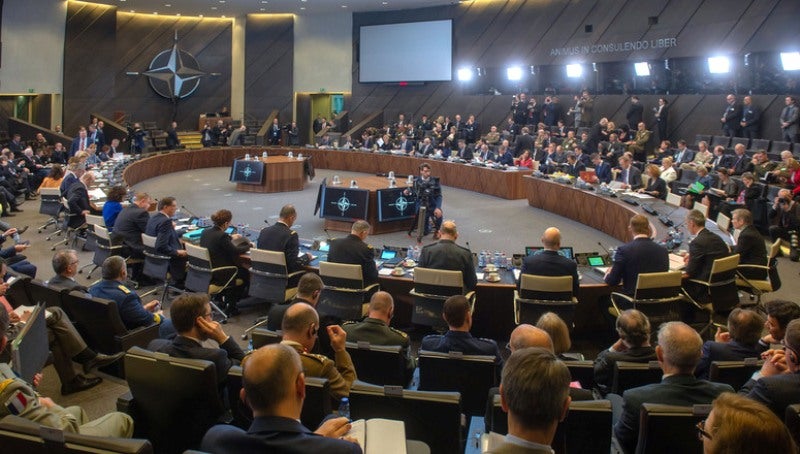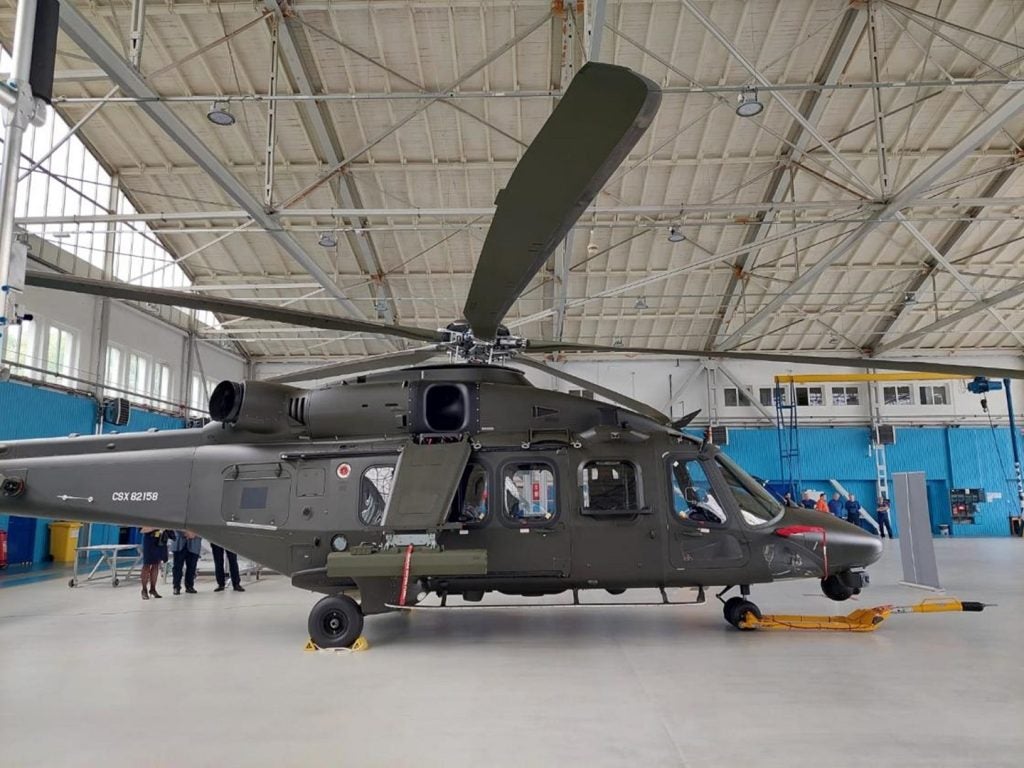
Several Nato allies provided contributions to the Four Thirties Readiness Initiative, which will increase Nato’s ‘ability to respond quickly and decisively to any future crisis’.
The initiative will ensure 30 combat ships, 30 land battalions, and 30 air squadrons are ready to deploy within 30 days or less.
This was discussed by Nato defence ministers during two days of discussions in Brussels, Belgium, that concluded on 14 February.
During the two-day meet, ministers discussed the issue of burden sharing in terms of cash, capabilities and contributions.
In line with the latest reports on defence spending, European allies and Canada will spend an additional $100bn on defence by the end of 2020.
Meanwhile, all allies agreed that Russia’s violation of the Intermediate-Range Nuclear Forces (INF) Treaty would serve as a significant risk to transatlantic security.
How well do you really know your competitors?
Access the most comprehensive Company Profiles on the market, powered by GlobalData. Save hours of research. Gain competitive edge.

Thank you!
Your download email will arrive shortly
Not ready to buy yet? Download a free sample
We are confident about the unique quality of our Company Profiles. However, we want you to make the most beneficial decision for your business, so we offer a free sample that you can download by submitting the below form
By GlobalDataNato secretary-general Jens Stoltenberg urged Russia to return to compliance, saying: “All allies stand ready to engage further with Russia. But we are also preparing for a world without the INF Treaty.”
On Nato’s missions and operations, Stoltenberg said that member countries are in Afghanistan together ‘and we will take decisions regarding the future of the mission together’.
Nato’s training mission in Iraq is currently ‘up and running, providing training and advice to national security institutions’.
Nato also stated that its mission to ‘keep a safe and secure environment for all the people in Kosovo’ remains unchanged and ministers are expected to make decisions on the agency’s engagement with the Kosovo Security Force in the next few months.
Meanwhile, defence ministers from Croatia, Hungary, Slovakia and Slovenia signed a letter of intent to set up a Regional Special Operations Component Command (R-SOCC) in the sidelines of the meetings.
On 13 February, it was announced that partner nation Austria will sign the letter after the Nato Defence Ministerial Meeting.
The four member states and Austria will form a deployable R-SOCC for small joint operations led by Hungary.
This command is expected to boost the ability of the five nations to effectively employ their special forces.
Due to the non-permanent structure of the R-SOCC, each participant can use its own contributions separately, while standing to benefit from the integrated R-SOCC structure once it gets activated for deployment.
Nato deputy secretary-general Rose Gottemoeller stated that it offers ‘a significant step forward in strengthening special operation forces capacities in the region, and towards a fully integrated multinational regional command element’.
To be developed in line with Nato standards, the multinational command will leverage the expertise of Nato’s special operations headquarters in Mons, Belgium.
Although the command is mainly intended for Nato and EU operations, it can take part in other multilateral missions, exercises or training.







